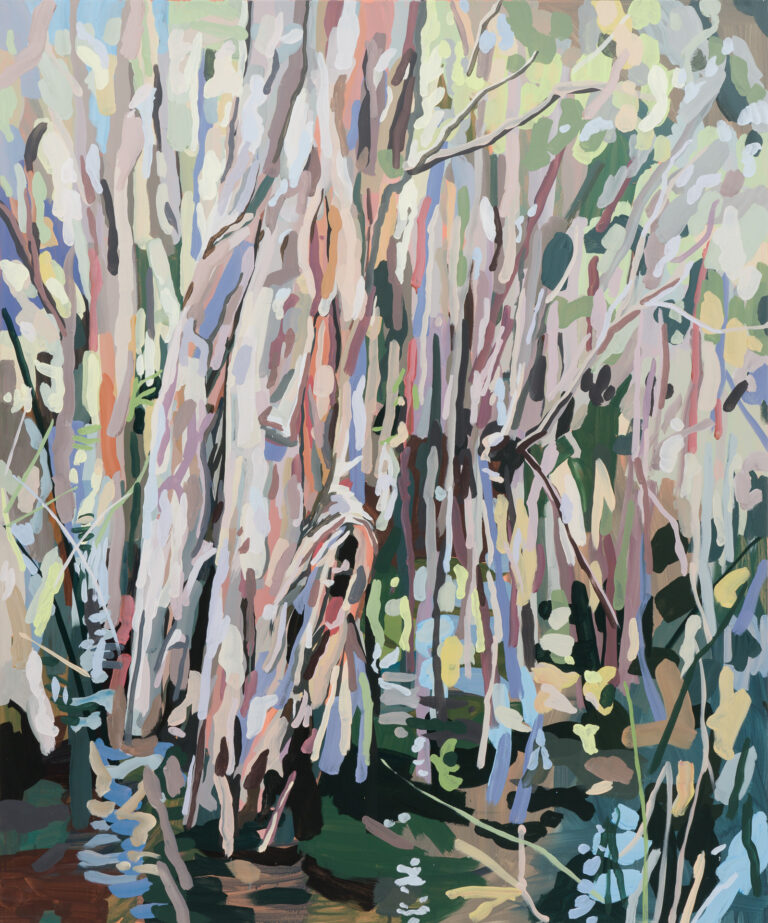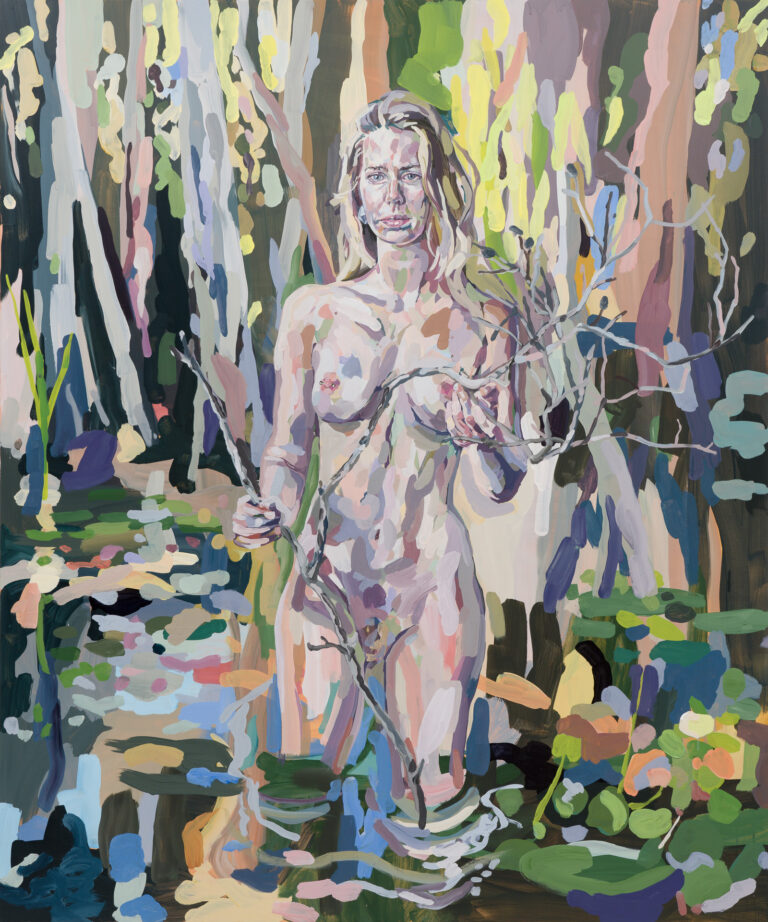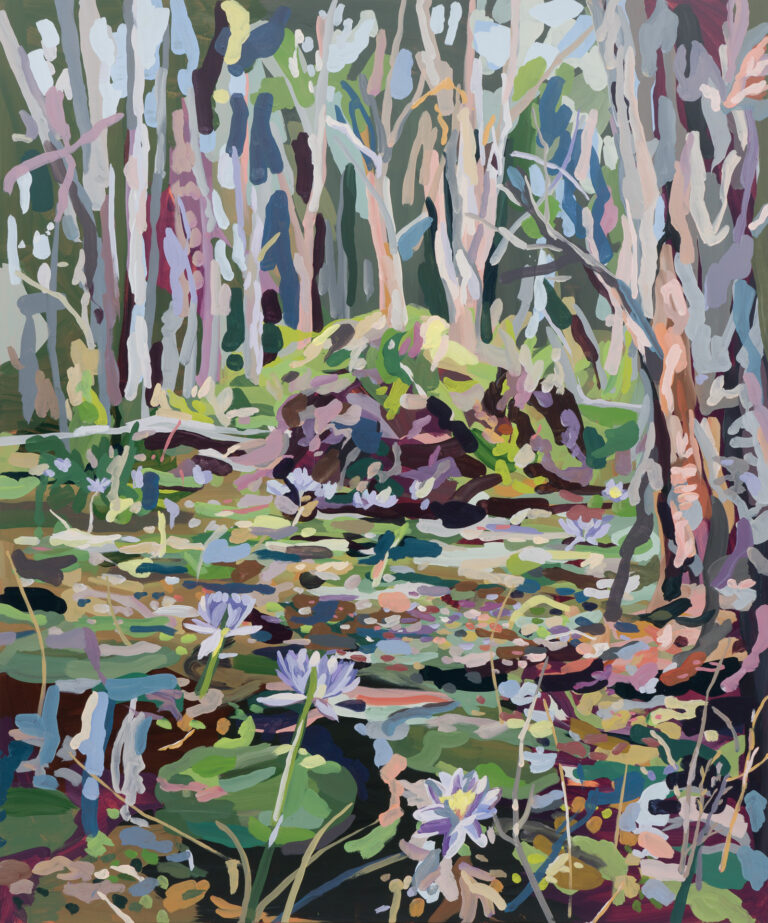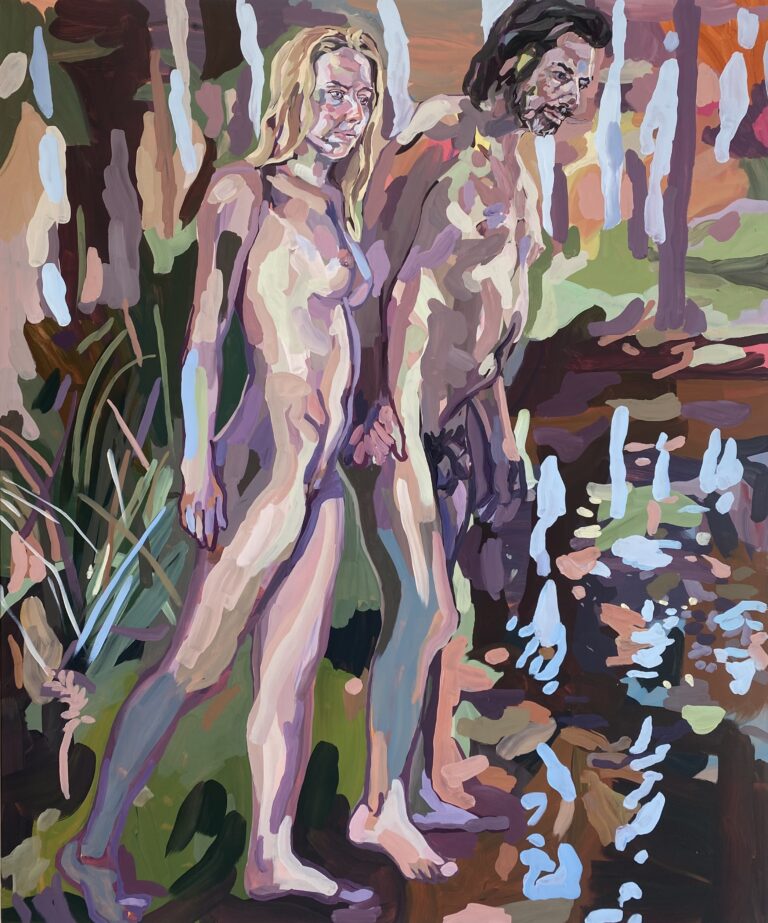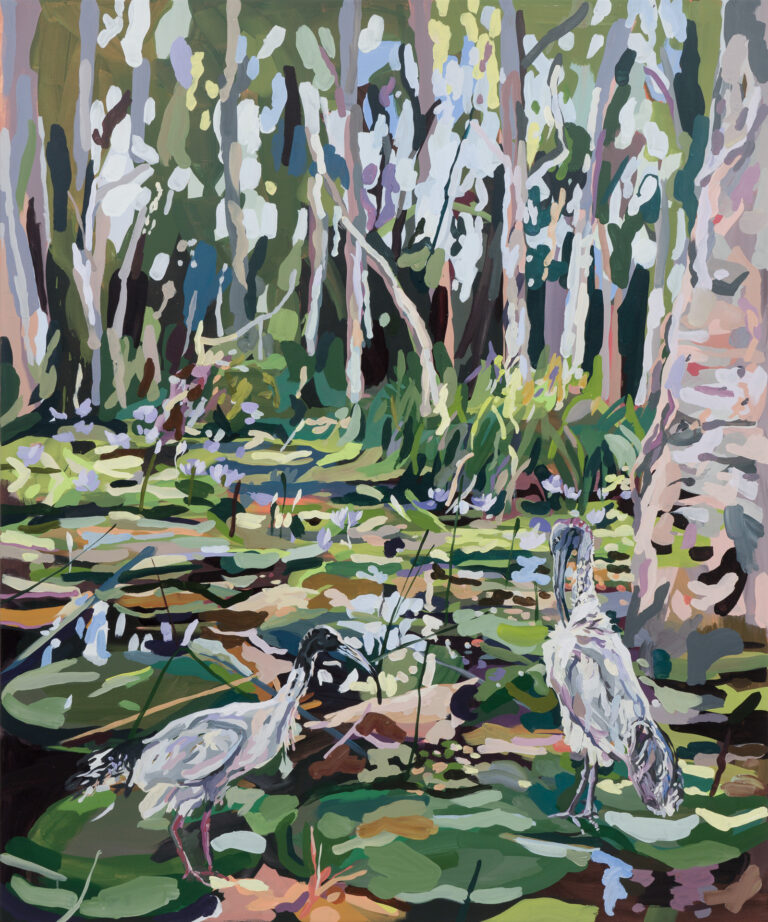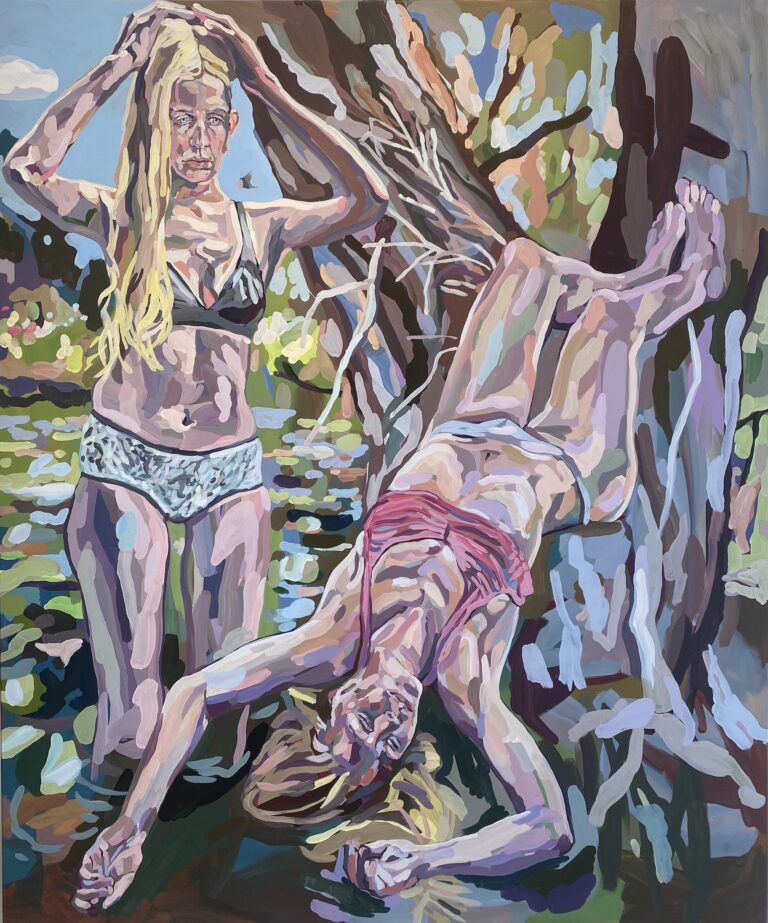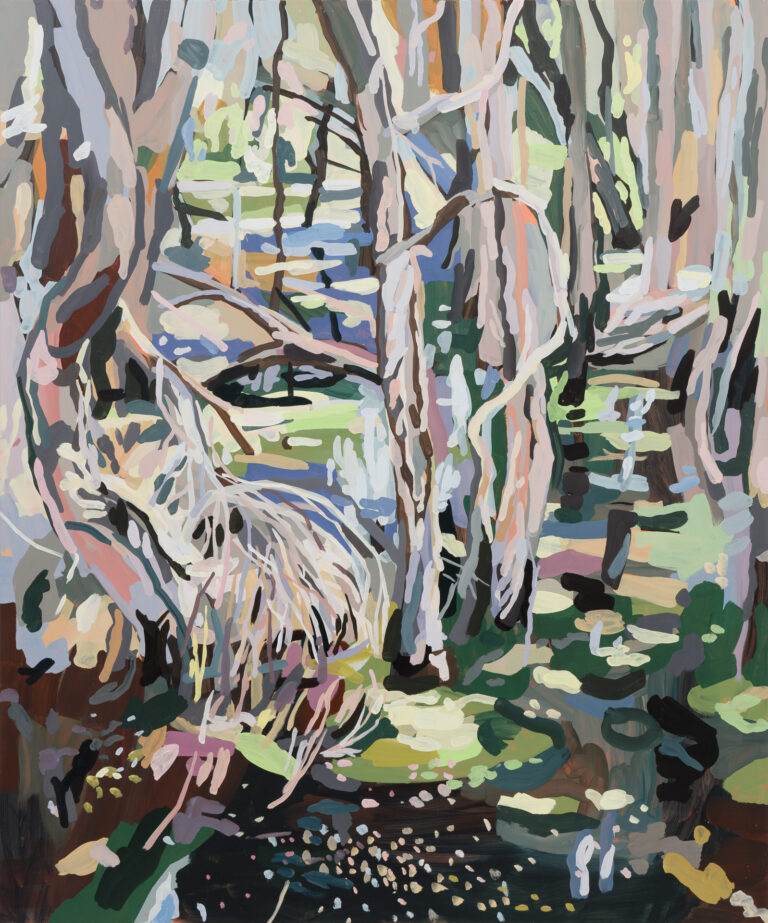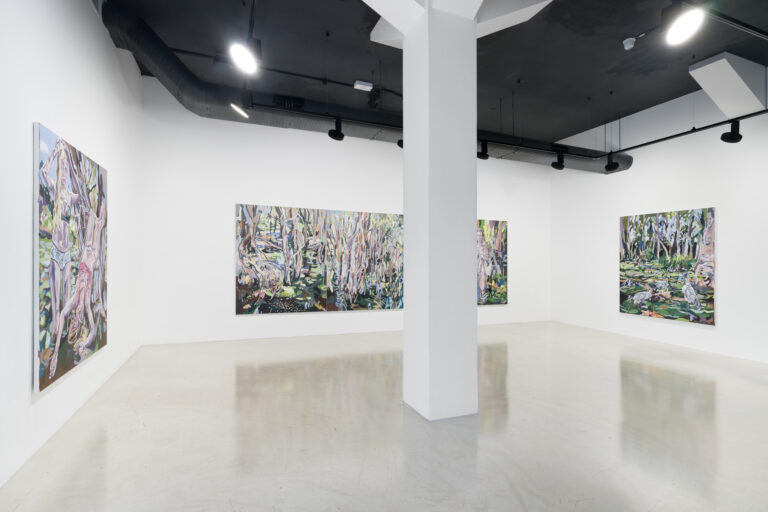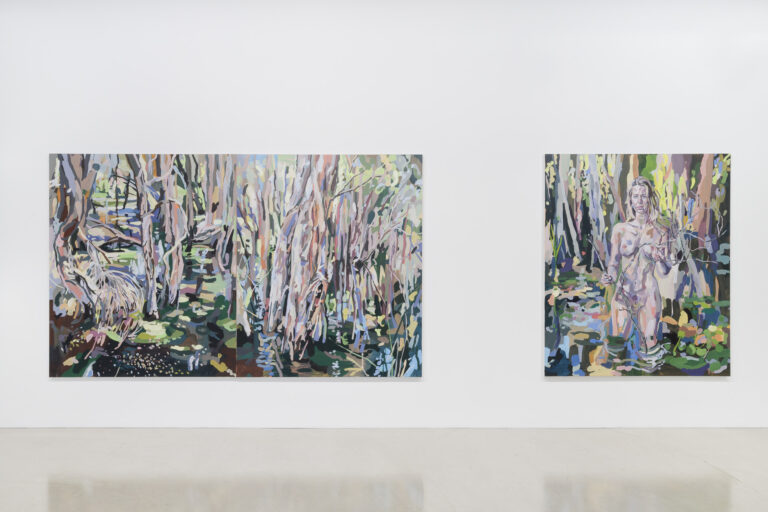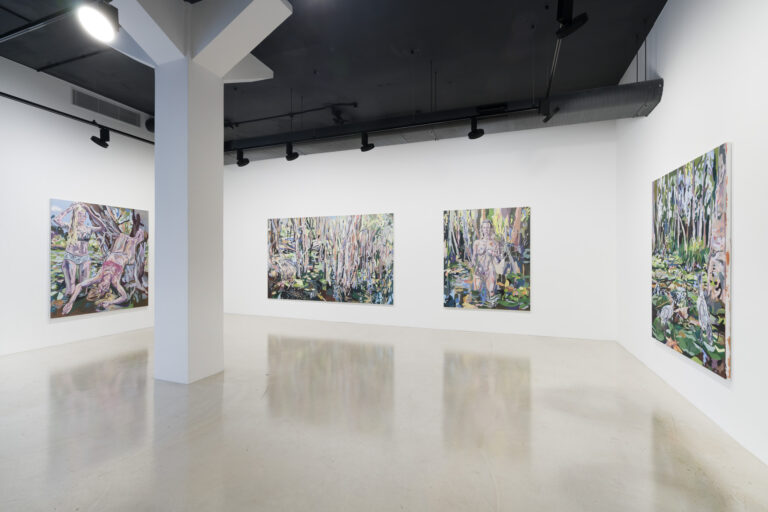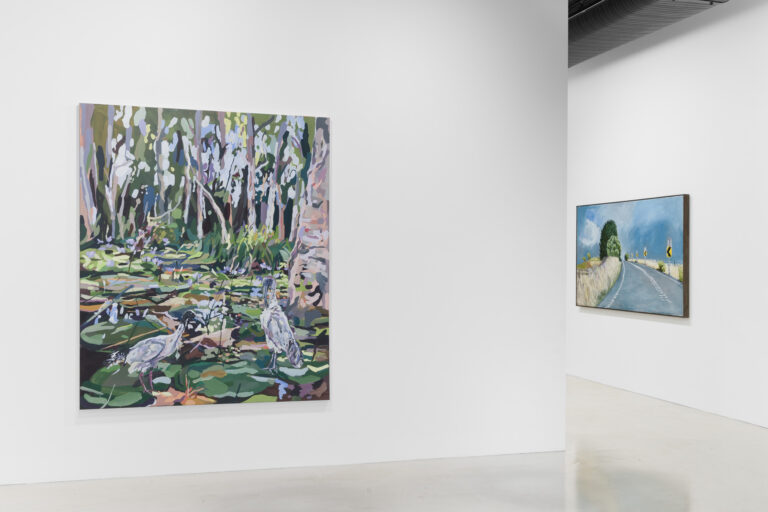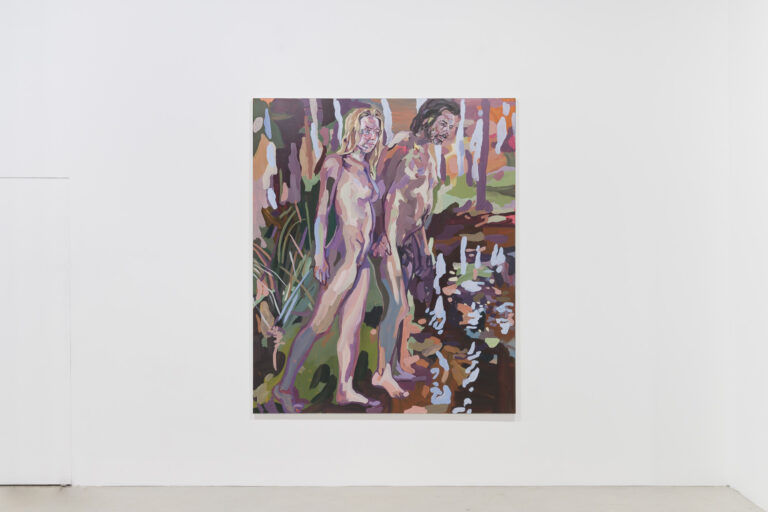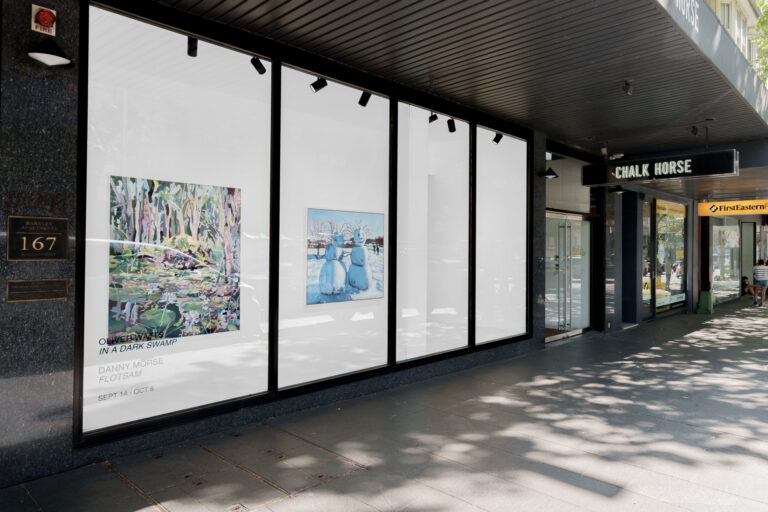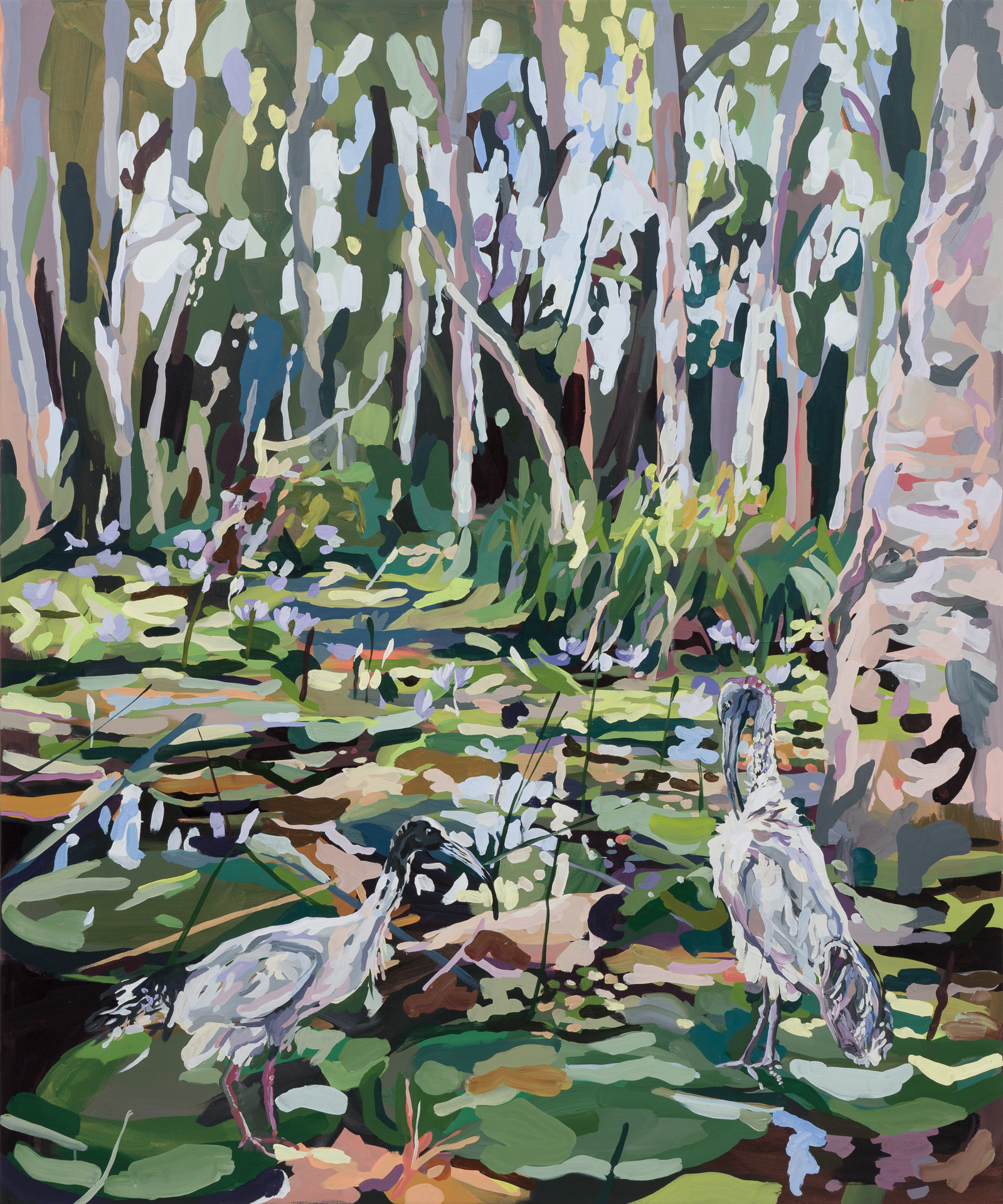
Artworks
Installations
There is a story about Eve. I first came across it in a pamphlet titled ‘A New Biblical History,’ which was published by the University of Minnesota Press in 1975. My local library had a photocopy of the pamphlet, but since the library closed down several years ago I have no way of accessing it anymore (I don’t think it was ever digitised). From memory, though, the story was that Eve was no fan of the campground. Her companions, Adam and Rita, had grown tired of the long drive and finally convinced her to pull off the coast road. According to the story, Eve did little but sigh. There were no other tents and no shower block. The ground was still damp from the rain. Pegs and newspapers littered the perimeter. And yet, despite heavy hearts, all three put on a good earnest show and pitched a tent before sundown.
When I first read the pamphlet, I asked the librarian if she could help me track down the author, whose name was — unhelpfully — Dr Smith. But the librarian said the internet was my best bet and that she was off on her lunch break so good luck with it. I never tracked down Dr Smith, who was probably dead anyway, but thinking of it now, I remember another detail about the story. It involved a ranger. I don’t know, he probably wore a blue hat. When the campers woke after a bad night the ranger appeared and issued them a fine. Eve protested. Adam did too. But it did no good. They were exiled. Rita wouldn’t stop crying and it took forever to roll up the soggy tent and stuff it back into the car.
The day after I saw Oliver Watts’s new series, In a Dark Swamp, I woke up and thought about the pamphlet. The author wrote something like “Adam and Eve left everything behind in the garden, and outside the garden, they were free to drink apple juice because they were certain to die.” I have images of Watts’s paintings on my phone. I zoom in and take screenshots; the flickering of sunspots, the young skin, the foliage. One of the details is of the sun, and I wonder about the hand behind it. Was it made for Adam? For his face? And if so, what did his face look like? Not the shroud, not the painting. The very one. His warm skin under heaven. The way he must have turned to Eve and said, “Such paradise it was! But no more!”
Beyond the phone screen, in the gallery, these paintings have quite a song. They are part of a larger world, one at some distance from the campground. Despite their size, we only catch glimpses of the action. I find myself drawn inward. And when I feel that I have found my way, I have instead found another way, close to the heart. My shoes are full of mud and water. I want to shake them out, to kneel among the world of insects. The lone trilling of a cricket, the gasp of a frog. The chorus of fishflies and alderflies and the blip of the spiders that live in bubbles. Wait. Is it raining? Only for the mosquitoes, maybe for the ants, always for the cicadas. Each insect is doing its best to meet the call of the hour, oblivious to my presence.
Still, I am here under the canopy.
I drink apple juice. My glass is full of ice.
Each painting gets larger when you are inside. The nature of Watts’s hand – the dab and the blotch – builds layer upon layer. The colour. It’s all free. The bark and the midges are free. The eye is free too. The way the light-brown works with the white makes for a giddy quality, the way it feels after straying hours from asphalt to scrub. Figures appear bold, wed to the greens, ready to talk endlessly about the sun.
Eve got to taste the first apple of the season. It appeared good and ripe and was not subject to price gouging and the market economy. But it made her want to run, and I don’t blame her. The apple had a bitter aftertaste, which she described as “acrid and swampy.” It seemed to suggest something bad was coming, maybe nightfall, which had never come to her before. She worried about the night and what it might mean for her health. Adam, too, didn’t think much of apples. He called them “the sad fruit.” Rita preferred figs and pineapples. There was nowhere for the three of them to go. Certainly not back to the campground. The ranger was sure to run their car into the ocean and steal their supplies.
In a Dark Swamp is a series of paintings that offer a rich play on the senses. I for one am still barefoot, waiting for the night to pass. Someone outside the gallery told me that Eve understood everything. Sounds about right. She always knew more than Adam. And wow, what a singing voice. Everyone knows that one song about the edge of the swamp being like the edge of the universe. What a funny chorus; that line that goes “There is only one summer / only one tree.” I am going to stay here with the paintings. They go beyond themselves, as great works do. What a joy, then, to watch them work.
Nathan Dunne, 2023

